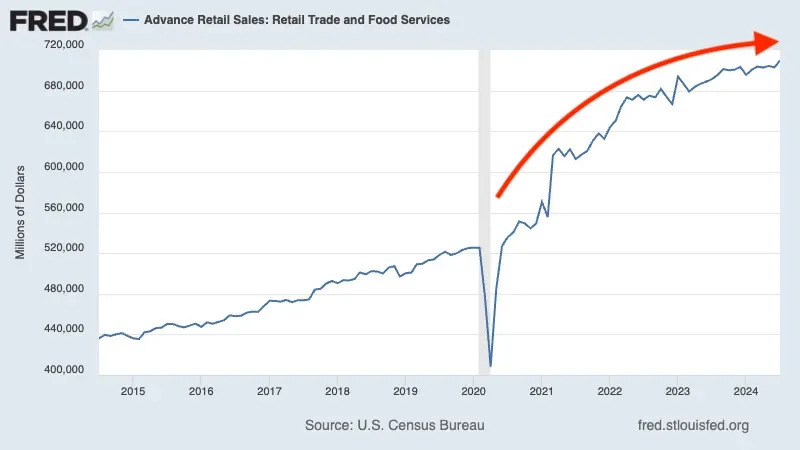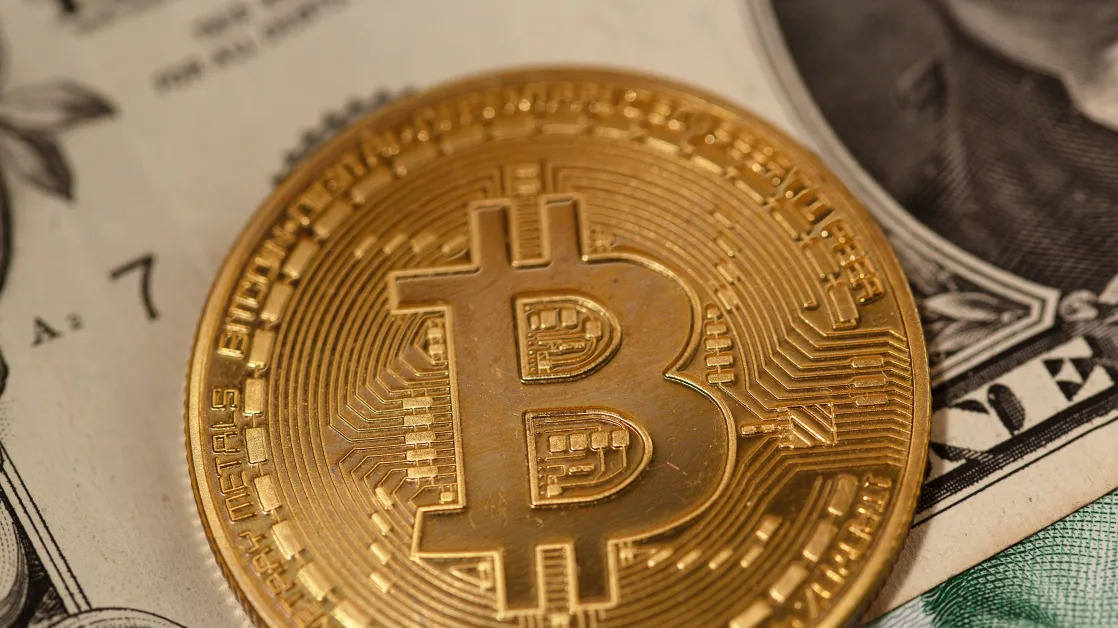The result of the 2024 presidential election could have significant implications for the market and the economy as both candidates focus on combating inflation to gain an edge with voters.
Donald Trump, who has yet to release a detailed economic plan, promised to “make America affordable again” during campaign speeches this past week. Trump blamed Kamala Harris and the Biden Administration for persistent inflation, while promising lower prices and extended tax cuts.
On Friday, vice president Harris outlined her economic agenda in North Carolina, which included her pledge to “take on price gouging,” enhance child tax credits, and offer housing assistance for buyers and renters.
Veteran economist Nouriel Roubini told me that Trump’s proposed policies — including across-the-board tariffs and an extension of the 2017 tax cuts — are a “highly dangerous” mix for both the economy and the market and could ultimately lead to elevated prices.
"There is a set of policies he could have that could be actually making sense for the economy and for the market," Roubini said. "But if you take at face value what he wants to do on trade, on currency, on monetary and fiscal policy, [the policies would] be highly dangerous."
Goldman Sachs estimates Trump’s tariff proposal, including 60% tariffs on Chinese imports and 10% on everything else, would raise consumer prices by 1.9%. But that estimate may be conservative, as Trump recently suggested import tariffs could be as high as 20%.
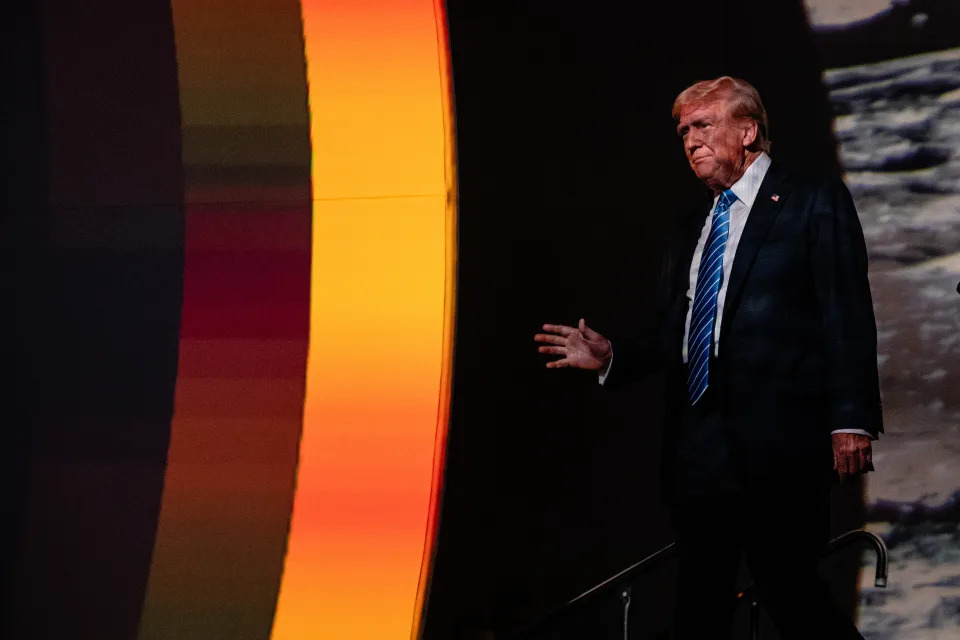
Moody’s Analytics chief economist Mark Zandi told me it’s a “bad idea” that “never ends well.”
“A cornerstone of a well-functioning market economy is an independent central bank, and anything that's done to impair that independence is a really, really bad idea,” Zandi said. “It will lead to higher inflation and a weaker economy.”
Paul Krugman, a Nobel laureate in economics, drew comparisons to the 1970s when Richard Nixon’s administration pressured the central bank to loosen policy.
“The last time we had really serious politicization of monetary policy was under Richard Nixon, and the results were disastrous,” Krugman told me . “It was a gratuitous burst of inflation that helped to set the stage for everything that went wrong in the rest of the 1970s.”
Trump and his supporters are pushing back on concerns that his economic agenda will be more inflationary than his opponent's. On a call with reporters, former Trump senior advisor Kevin Hassett described Harris’ economic agenda as “unfortunate,” arguing it “doubles down on the type of policies of the Biden administration that ignited inflation.”
Trump policy advisor Stephen Moore told reporters the arguments that Harris would be better for inflation “makes no sense.”
“Kamala Harris and her economic advisors have come up with this idea of putting controls on prices… This was a strategy that was used by Republicans and Democrats, Richard Nixon, Jerry Ford and Jimmy Carter, in the 1970s, the last time we had a big bout of inflation. And I think it's safe to say that virtually every economist now agrees that those policies were a total disaster.”
Comparing Trump’s proposed policies to Harris’s economic agenda, Roubini told me it comes down to predictability, and certainty is viewed favorably by investors.
"Harris is going to be more predictable," Roubini explained. "It's a slight variance relative to Biden, but we know what those policies are, and actually those policies have been reasonably good. Growth is strong. The stock market is at an all time high. Bond yields are low. Job creation is solid. There are many problems in the US economy but they are secular, they’re not partisan."
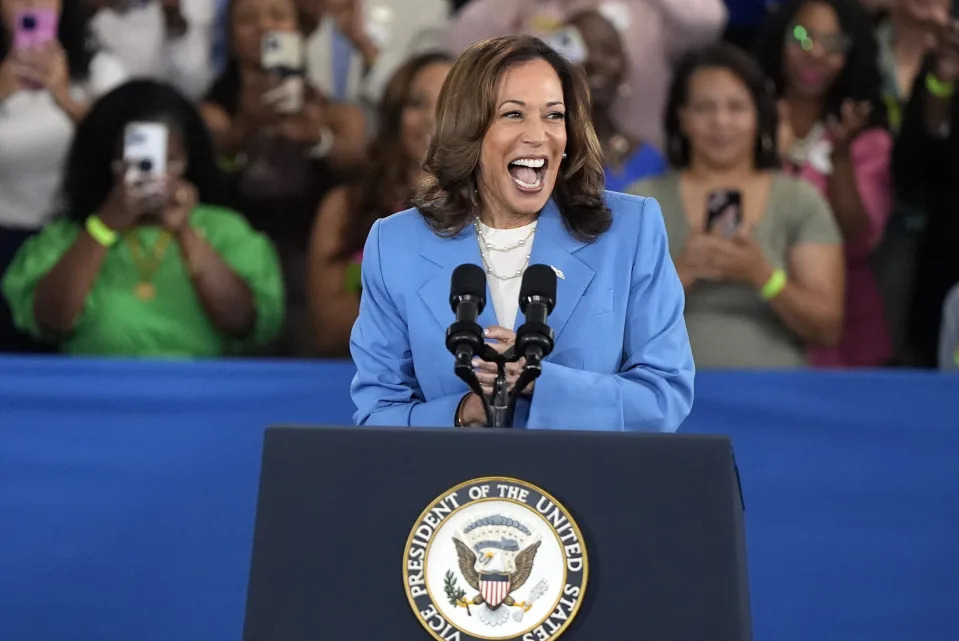
Amid the inflation debates, another big issue looms for Wall Street: the deteriorating fiscal picture, which hasn’t gotten much attention from either candidate yet.
The Committee for a Responsible Federal Budget estimates the policies outlined in Harris’ agenda would increase deficits by $1.7 trillion over a decade, and could grow to $2 trillion if temporary housing policies were made permanent.
Back in May, the Congressional Budget Office (CBO) estimated an extension of the Tax Cuts and Jobs Act would add $4.6 trillion to the deficit over the next decade, roughly $1.1 trillion more than previous projections.
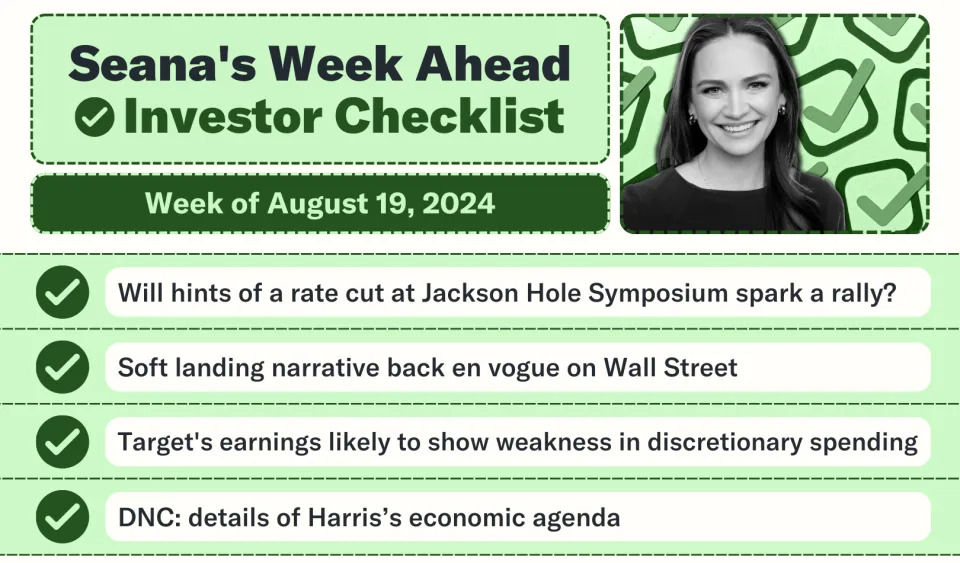
Seana Smith is an anchor at Yahoo Finance. Follow Smith on Twitter @SeanaNSmith . Tips on deals, mergers, activist situations, or anything else? Email seanasmith@yahooinc.com.



